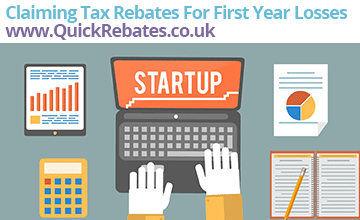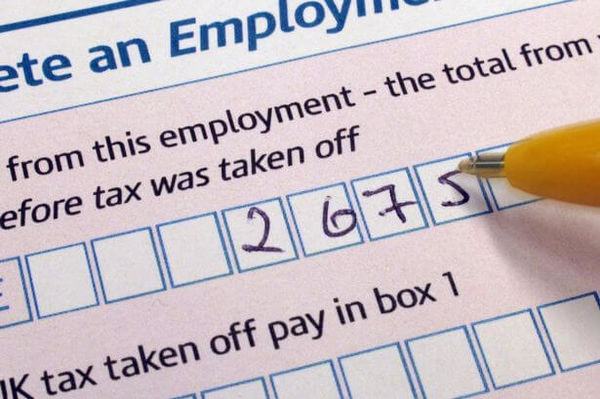How Does a Partnership Pay Taxes
A partnership does not pay taxes in it’s own right, but instead the profits are shared between the partners in accordance with the partnership agreement. If no agreement is in place, it’s standard practice for the profits to be divided equally amongst each partnership member. The Partnership Tax Return will declare all Taxable income and expenditure for the accounting period, then will set out what profits each partner should be taxed upon. Each member will then declare the partnership profits or losses on their personal Tax return.
Partnerships are similar to sole traders in that the owners are taxed on the profits and not on the drawings or salaries drawn from the partnership bank account. This is opposite to that of a Limited Company where the individuals earnings depends on what has been paid in terms of salary and dividends.
How do I File a Partnership Tax Return?
A Partnership Tax Return is completed and submitted in the same way as an individual personal Tax Return. The nominated partner can complete and submit the Tax return on paper by 31st October, or electronically by 31st January following the appropriate Tax year. It must be noted that the Partnership Tax return must be received by HMRC by 31st October, or 31st January for electronically submitted returns. Posting the Tax return on the due date is not good enough, they must be received.
Preparing your Self Assessment Tax Return means calculating and self assessing the Partnerships total income and expenditure for the period under review. This involves summarising all of the trading invoices and preparing relevant Tax computations. Once the Partnership taxable net profit or loss has been calculated, this is then shared across the partnership members for them to declare on their Personal Tax Return.
What are Partnership Accounts?
Partnership accounts are a set of financial statements prepared to summarise the income and expenditure of the partnership trade over a certain period, usually one year. The partnership accounts would form the basis of the partnership Tax profit and loss calculations. They would show the income received and various expenses incurred, from rent to stock purchases to wages paid – the partnership accounts would usually include all financial transactions pertaining to the partnership.
The Partnership accounts are usually prepared in accordance with certain frameworks such as UK GAAP or IFRS. These frameworks traditionally set out how the accounts are prepared and presented. Preparing partnership accounts is no easy task and we would recommend you contact ourselves for more information.
What are the Partnership Tax Return Deadlines?
Similar to Personal Tax Returns, the Partnership Tax Return deadlines are 31st October by paper, or 31st January following the end of the Tax year. Late filing penalties of £100 are issued to each member of the partners if the return is not received by HMRC by the due date. This is an important factor and all parties should make sure that the Partnership Tax Return has been filed on time, despite there being only one nominated partner. All members of the partnership are liable for late Partnership Tax Return filing penalties.
Again, as with personal Tax returns, the later the Partnership Tax Return is submitted, the higher the penalty charges will become. On this basis, it is essential that the Tax return is treated with urgency, and not left until the last minute.
Preparing Partnership Tax Returns can be quite tricky, it’s certainly easy for mistakes to be made for the inexperienced. Avoid the headache and risk of being fined for filing an incorrect return by leaving your affairs with QuickRebates

17 Actionable Tips for New Business Startups
17 Top Tips for New Businesses (Physical and Digital) Starting any business be it physical or digital, can be extremely[...]

Tax Relief for Opening Year Losses
Opening Year Loss Relief When starting a new business, it is incredibly common for Tax losses to arise in the[...]

Tax Refunds for Musicians
Musicians – It’s Time to Claim Back Your Tax! As a musician starting up in business, you could be entitled[...]







